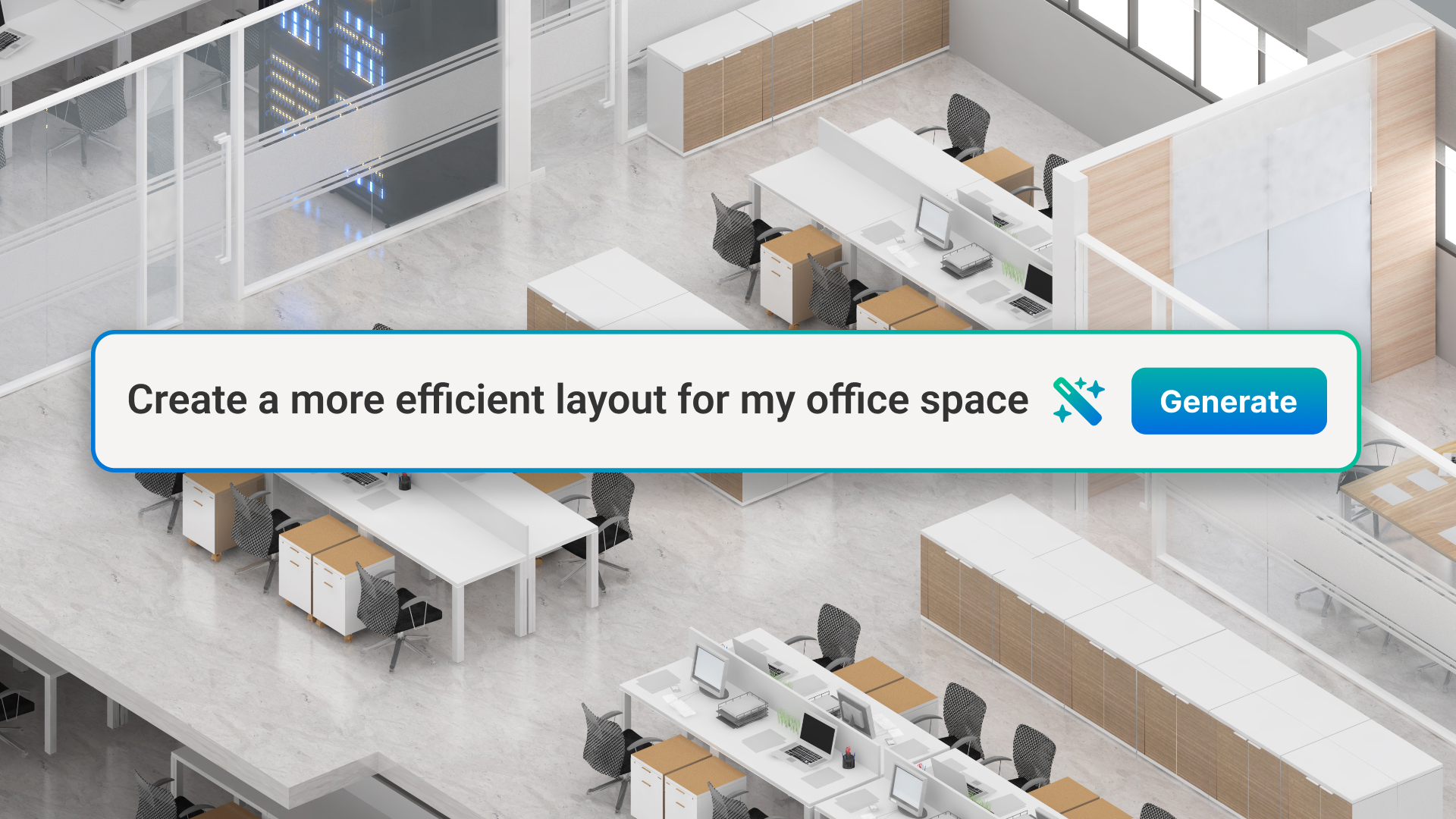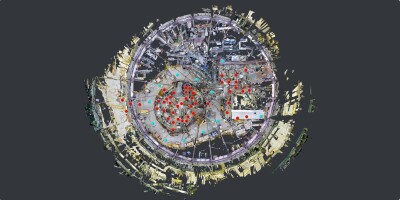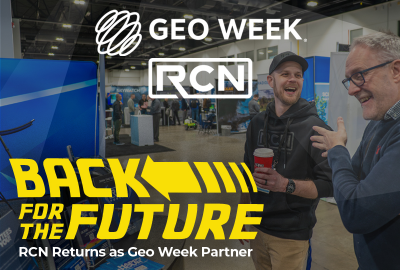Matterport is known for its 3D virtual tour technology. The company specializes in capturing and rendering detailed 3D models of physical spaces, allowing users to explore and navigate these spaces remotely through immersive virtual tours. However, the ability to capture and navigate a 3D model of an interior space is not the only area of development for Matterport. This week, Matterport announced a new initiative called Genesis, which calls upon advanced technologies to identify, manipulate and model components within a Matterport scan through generative AI.
Generative AI, also known as generative modeling, is a type of artificial intelligence that focuses on creating models capable of generating new and original content. It involves training a model to learn the patterns, structure, and characteristics of a given dataset and then using that knowledge to generate new data samples that resemble the original data. By analyzing more than 30 billion square feet of digitized physical space collected in Matterport’s ecosystem, the company has been able to pursue deep learning and computer vision research, resulting in Genesis.
Genesis combines Matterport’s expertise across deep learning and computer vision with generative AI to deliver easy-to-manipulate digital twins that can help customers market, manage, and reimagine their properties.
In addition to teaching Genesis how to model based on previous information, they have also integrated a large language model (similar to ChatGPT) to make the process of generating new content as easy as asking. In the demonstration shared in a blog by Matterport, simple queries like “Can you defurnish my house?” and “Let’s try using Mid-century modern furniture.” In response, the model adjust to reflect the user’s plain-language request.
While several companies have been experimenting with more natural language queries within their software, this appears to be one of the first in the 3D space to combine the language models that can interpret requests with the highly-advanced understanding of assets and space required to make the changes a user asks for.
The applications for this are broad. Genesis includes the ability for users to remove interior furniture, re-layout existing floorplans or create new office layouts, all the while allowing the models to still be viewed in 3D and with the furniture and other elements all dimensionally accurate.
Use cases suggested by Matterport include modeling different building and office layouts to reduce energy consumption, predicting and identifying areas that need maintenance, highlighting security or safety risks within a scanned space, and multitudes of interior design applications, from redecorating and virtual staging to reducing energy costs.
“Matterport has been at the forefront of the digital transformation of the built world for more than a decade, fueled by our early advances in artificial intelligence,” said RJ Pittman, Chairman and CEO of Matterport.
“Matterport is highly focused on delivering advanced AI capabilities across the digital twin platform to unlock new capabilities and upend how we manage property and space in the built world. This will greatly simplify property marketing, space planning, construction, property management and maintenance for all of our customers, old and new,” Pittman added.
Matterport has been steadily expanding its AI-first strategy with Cortex AI and Property Intelligence, and the company plans to integrate Genesis innovations across its digital twin platform with early releases expected before the end of 2023.






